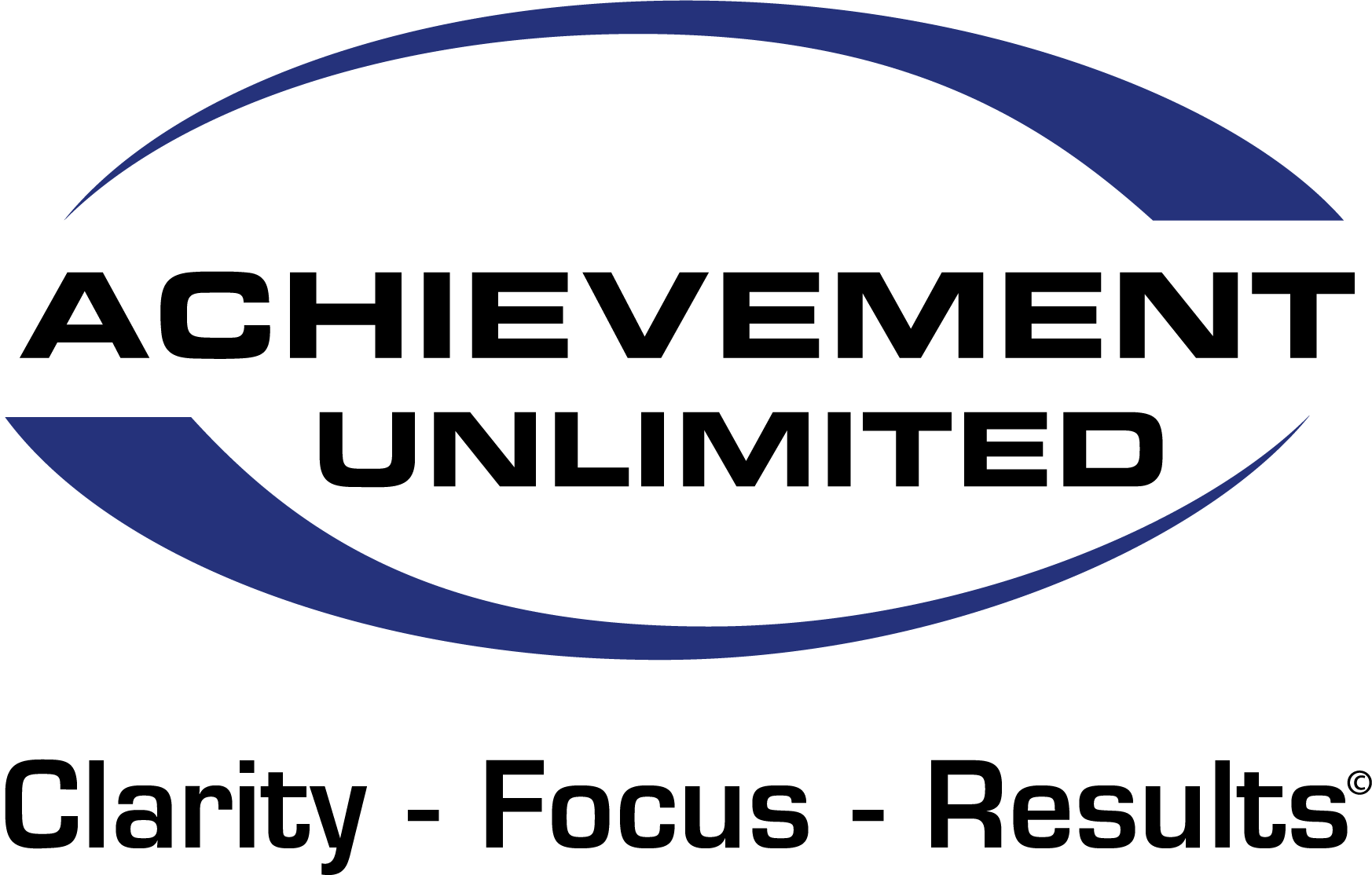These days, we are all in a race to the finish. Every corner of life is teasing us with competition to be the best, or at least not the worst. And the opportunity to compare our failures with others’ success is always beckoning. There must be a better life, right?
We dream of bigger futures, so we set Big Hairy Audacious Goals for our personal lives and our organizations, and work diligently toward their achievement. But, because the due dates for our BHAGs are so far into the future, it is a rare event when we feel the thrill and satisfaction of achieving these long-term goals.
Ernest Hemingway says, “It is good to have an end to journey toward; but it is the journey that matters, in the end.” Research contained in the book The Progress Principle backs up Hemingway’s quote. It is not just about goal achievement (the destination), it really is about enjoying the journey. The studies show that when people can see that they are making tangible progress every step of the way and experience “small wins” – they become more engaged and productive.
These “small wins” are the incremental steps toward longer term goals. People are much happier and more creative in their roles when they can visibly see continuous progress on their goals in a series of smaller daily and weekly steps.
Many of us take for granted the progress we have made and get discouraged when our final goal seems so far away. By taking time to measure how far we have come, we gain the energy and enthusiasm to continue the journey. And the final product will be better and sweeter having celebrated along the way.
So, how do we begin to see the process AND measure the progress? By pausing periodically throughout the day, week, and month to celebrate success. At the end of each day simply identify five things that you accomplished and explain why each one is important. Build celebration and recognition into your daily rhythm. Dave Crenshaw says to take 15 seconds to savor your success. You need to fall in love, not with what you are trying to accomplish, but with the process of accomplishing it. The process, not always the outcome, is what helps you define success. After winning, most champions do not talk about what they accomplished, but what they have learned from the process and how that has helped them grow as a person.
Celebrate yourself and your accomplishments by acknowledging the many steps along the way. This exercise is designed to increase your self-confidence and improve your performance in all areas of life. Celebrating your victories is the gas or the oxygen that propels you on this journey. Putting the pen to paper connects these ‘wins’ directly to the brain.
The connection is so powerful that it can improve the functioning of your frontal lobe, the executive decision-making area of your brain. A positive change in your body chemistry occurs when you focus on your successes. Celebrating success is proactive rather than reactive-an action step to live your life intentionally and on purpose. This exercise will increase happiness and decrease stress in your life. These small successes then motivate you to take on bigger and bigger challenges.
It takes an average of 66 days for a new habit to become automatic, so do not be discouraged if you forget or miss a chance to party. Just remind yourself that it is progress not perfection!
“The more you praise and celebrate your life, the more there is in life to celebrate. (Oprah Winfrey)”
A word of caution: Remember to only evaluate your reality with a mirror not social media. Look at your life through the lens of what you have rather than what you do not have. And focus on what is working in the moment and savor that. Then look at how to move forward to the next milestone.
It is equally important to celebrate success in a company, large or small. Celebrating both company and individual victories does not just create a positive “vibe.” It also helps workers see themselves as part of a winning team and themselves as effective. This mindset fosters a more “Can Do” attitude and daring response to challenges than if employees see themselves as “Basic” and part of a hapless, stressed team.
Furthermore, when wading through a steady stream of negative news, it is easy to see oneself as a victim of circumstance. By consciously calling attention to accomplishments and successes, you offset the doom and gloom with genuine positivity. And not a fake Pollyanna positivity – You will have evidence to fall back on in the form of notes to yourself or notes of acknowledgement you have sent and received to and from coworkers and clients.
By sharing stories of employees doing remarkable things, you also strengthen the belief that you are a team of winners who can accomplish important things. Because emotions affect perception, shifting the ambient emotional state of your workforce to a more upbeat, hopeful one, means employees are more apt to look at challenges as something they can overcome, rather than insurmountable obstacles.
One quick and easy strategy to capture the progress wins is to start every meeting with a Celebrate Success moment. At the beginning of the meeting, go around and give everyone 30 to 60 seconds to say what area of progress they are proudest, happiest, or most excited about in any part of their life.
Most people come into a meeting not “present.” They are focused on the last conversation they had, the last email they read, or the traffic that almost made them late. Or they may be joining remotely and not physically present at all. By starting with the Celebrate Success tool, you will get everyone mentally in the room.
Whatever issues we need to deal with, they are always better handled from a positive and confident frame of mind. Creativity thrives in a safe, positive atmosphere, not a fearful, negative one. It is not that you are overlooking challenges; in fact, you are coming at them with the right attitude.
Then finish meetings by asking, “What value did you get out of this meeting?” By always bookending your meetings this way, you are training people to look for value in every experience. The focus is always on what is working rather than what is not. The more often you do it, the more automatic it becomes.
If employees’ daily experience is one of frustration and failure, they bring that mindset and emotional state to everything they do – including their response to major changes you ask them to make. At the most fundamental, biological level, repeated failure creates the biochemistry of helplessness and hopelessness in the name of the stress chemical cortisol. In contrast, repeatedly making progress towards goals and feeling a sense of proficiency triggers the biochemicals of happiness and satisfaction including the “motivation and reward” chemical dopamine.
Feeling happy will definitely improve morale and performance, in our next post, we will be talking about how this will be beneficial to you and the rest of your company.







Recent Comments